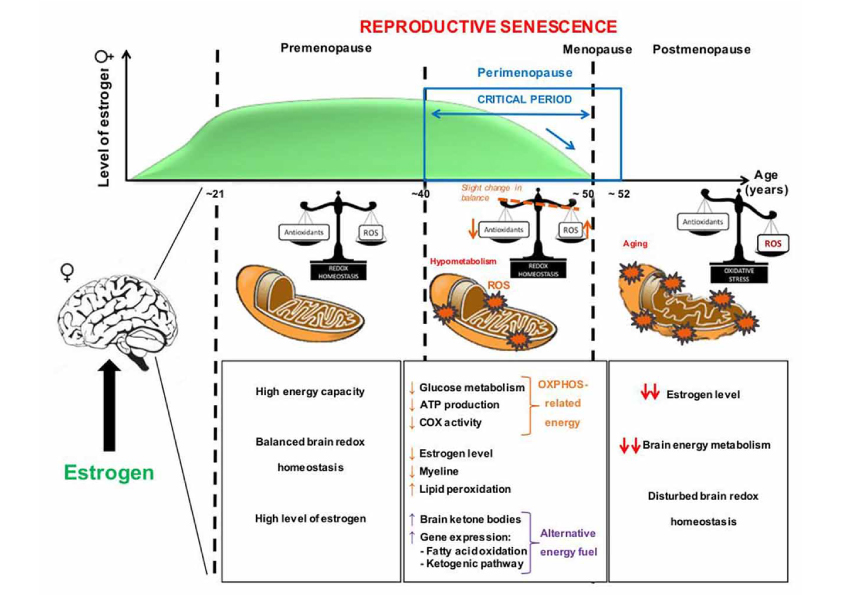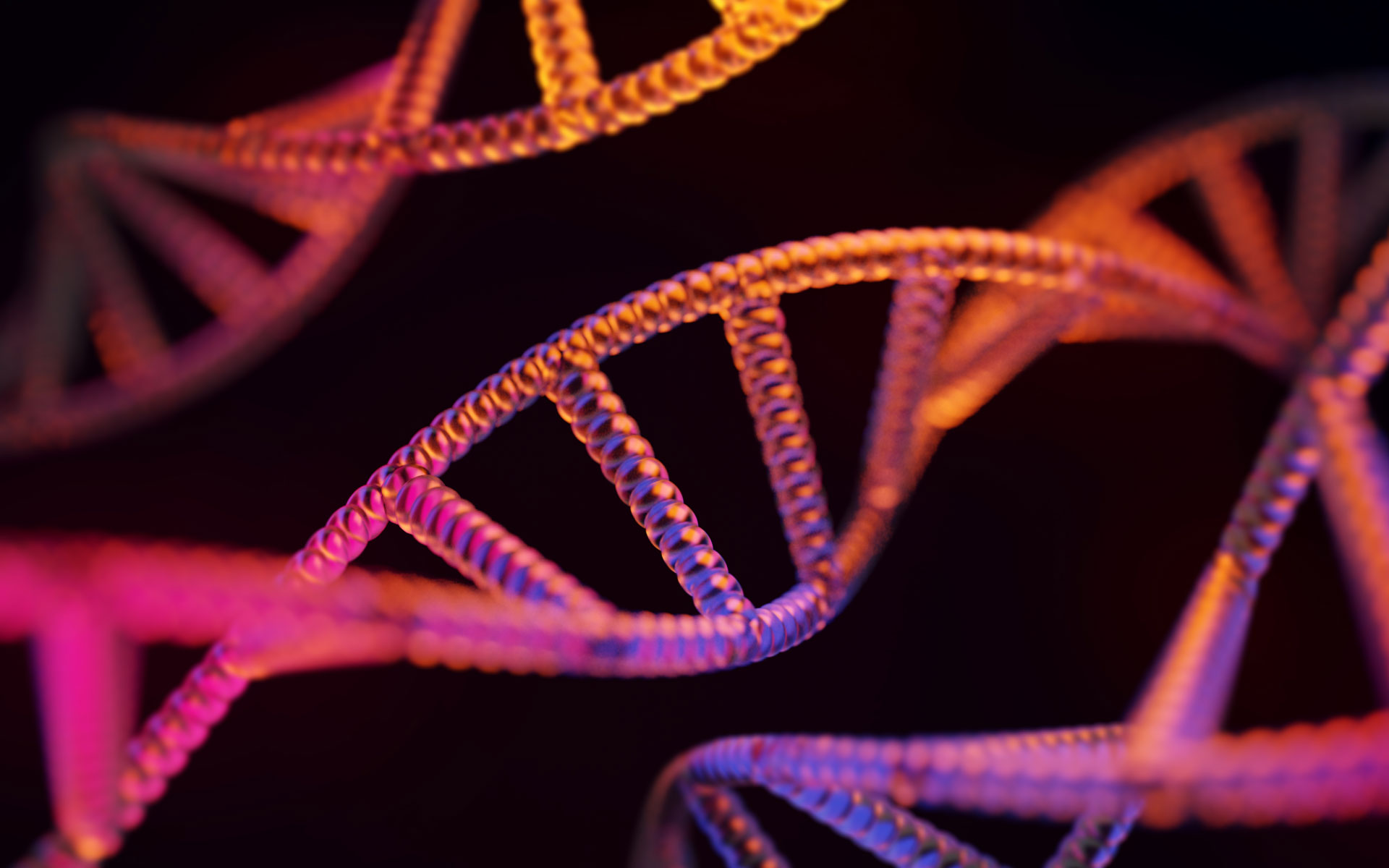From the age of 40, females experience both chronological and endocrinological ageing. The female brain changes radically after the age of 40 in 80% of women.
So WHY is this?
The peri-menopausal to menopausal transition is unique to females, and is linked to deficits in brain glucose metabolism (blood sugar regulation) and mitochondrial dysfunction which affects our energy.
Energy is not an inexhaustible resource. Every day our energy levels need to be topped up and overnight our energy levels should be renewed. This occurs in our mighty mitochondria – the organelles in every cell in your body, which is where your energy molecule called, Adenosine Triphosphate (ATP), is produced from the breakdown of fats and glucose, using oxygen which is stored in your mitochondria.
BUT there’s a couple of things that they rely upon which change for females:
1. They rely on oestrogen for optimal function
2. They change in size and density as we move through menopause.
This means as we age, we need to give these powerful cells a bit of a hand to produce more energy to help us get through all that we have to do in our day.
Your mitochondria are commonly known as the power-houses of your cells. This is because energy in the form of Adenosine Triphosphate (ATP) is made in the presence of the oxygen that is stored within the mitochondria.
During our menopause transition however, the mitochondria can become less efficient, because oestrogen receptors situated in the mitochondria receive less available oestrogen as we move towards menopause, and minimal levels are produced in post menopause = energy production in the mitochondria is reduced.
In fact, about 10% of our body weight is mitochondria and 20% of whole body energy is used by the brain. It is therefore common for women to experience a dip in energy and the onset of fatigue (brain fog and physical energy). This also makes it harder to burn fat and lose weight.
Therefore, it’s no surprise that many of us find that our energy levels plummet and our mighty mitochondria aren’t so mighty after all when we arrive in this stage of life.
There are incredible changes to many of our organs, including our muscles and mitochondrial cells as we move through menopause.
For so many of us, fatigue accumulates, our muscles ache and we find we can’t do everything that we want to get done in our day. If you are a regular exerciser, you might be wondering why your heart rate is higher than normal and your recovery is slower than usual too.
This is one reason why those who are “accepted” to take body identical forms of hormone replacement therapy often have a reduction in these symptoms.
To help your mitochondrial cells become mighty again, you must start by focusing upon restoring your sleep, and looking at the food and exercise choices you make during your week. Consuming the colours of the rainbow from plant foods and phytoestrogens will support the mitochondria by providing anti-oxidants.
Those who have better METABOLIC FLEXIBILITY will be able to utilise other sources of energy more effectively. More on this very soon.

